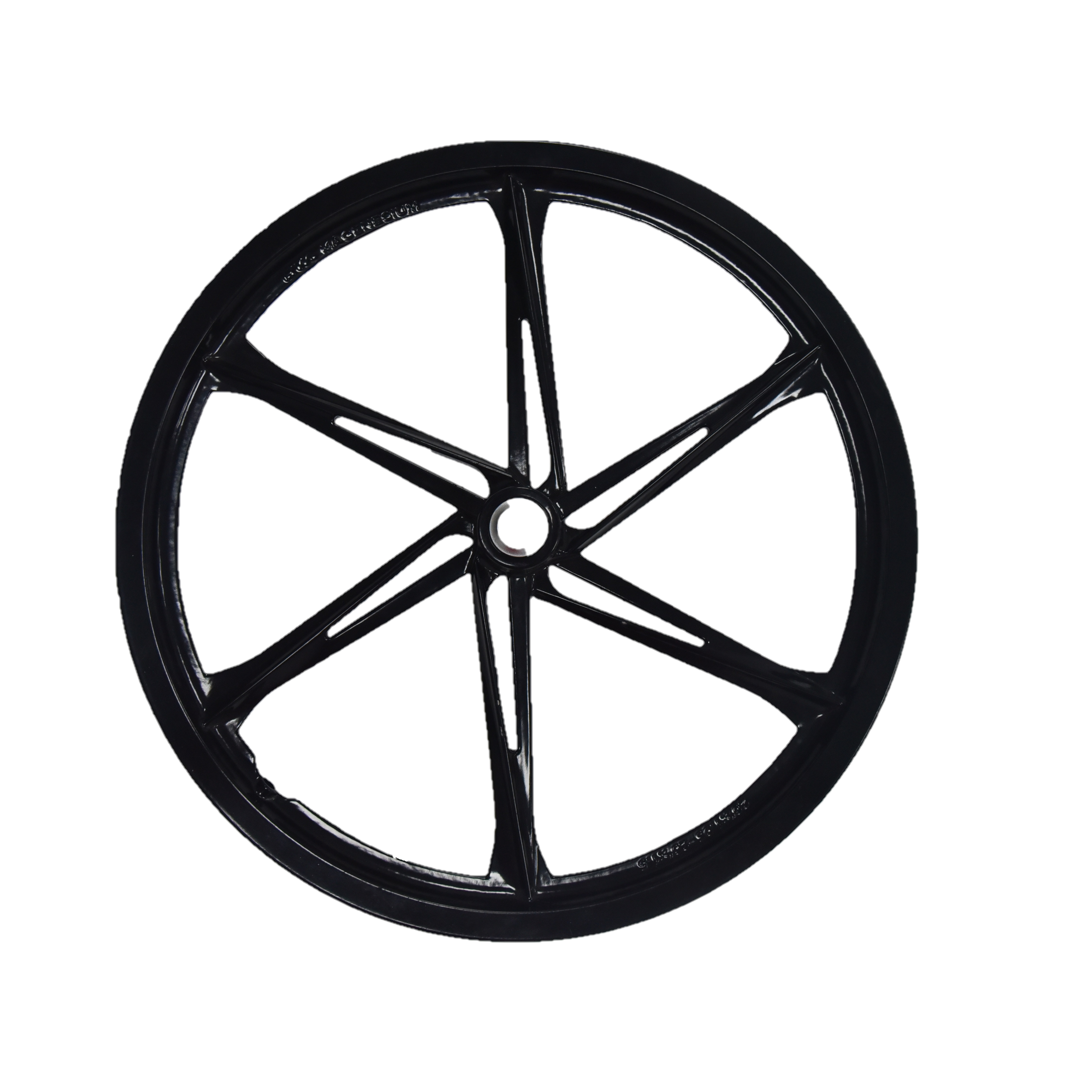Introduction:
Aluminum and cast aluminum are two commonly used materials in various industries. Both these materials have their unique characteristics and applications. In this article, we will compare and contrast cast aluminum and aluminum to understand their differences, advantages, and disadvantages.
Definition and Composition:
Aluminum is a chemical element with the symbol Al and atomic number 13. It is a silvery-white, soft, non-magnetic, and ductile metal. Aluminum is the third most abundant element in the Earth\’s crust, making up about 8% of its weight. It is commonly used in various applications due to its low density and corrosion resistance.
Cast aluminum, on the other hand, is a specific type of aluminum that has undergone a casting process. It is formed by pouring molten aluminum into a mold, allowing it to solidify and take the desired shape. Cast aluminum alloys usually contain a variety of elements such as copper, magnesium, and silicon to enhance their mechanical properties.
Strength and Durability:
When it comes to strength and durability, cast aluminum is generally superior to traditional aluminum. The casting process allows for the creation of complex and intricate shapes, making it suitable for applications where strength and durability are essential. Cast aluminum alloys possess higher tensile strength and better resistance to wear and tear compared to regular aluminum. This makes cast aluminum ideal for manufacturing components for the automotive, aerospace, and construction industries.
Weight:
One of the significant advantages of aluminum is its lightweight nature. Aluminum has a low density, making it about one-third the weight of steel. This characteristic makes it a popular choice for industries that require lightweight materials, such as the transportation and packaging sectors. However, cast aluminum, although lighter than steel, is slightly denser compared to regular aluminum due to the added alloying elements. Thus, it may not be as lightweight as pure aluminum but is still lighter than many other metals.
Corrosion Resistance:
Both cast aluminum and aluminum offer excellent resistance to corrosion. Aluminum naturally forms a protective oxide layer on its surface, which prevents it from further corrosion in most environments. This oxide layer acts as a barrier against moisture, chemicals, and other corrosive agents. The addition of alloying elements in cast aluminum alloys further enhances their corrosion resistance. This makes both materials suitable for outdoor applications, marine environments, and other corrosive atmospheres.
Heat Conductivity:
Aluminum is an excellent conductor of heat, making it a popular choice in the manufacturing of heat sinks, radiators, and other heat-transfer applications. The high thermal conductivity of aluminum allows for efficient heat dissipation and thermal management. Cast aluminum also possesses good thermal conductivity, making it suitable for heat-intensive industries. However, the presence of alloying elements in cast aluminum can slightly reduce its thermal conductivity compared to pure aluminum.
Conclusion:
The choice between cast aluminum and aluminum depends on the specific requirements of the application. Aluminum is lightweight, corrosion-resistant, and an excellent conductor of heat. Cast aluminum offers superior strength, durability, and better resistance to wear and tear. Both materials have their advantages and disadvantages, and it is important to consider the specific needs and constraints of the project before making a decision. Whether it is for automotive parts, construction materials, or household products, both cast aluminum and aluminum have significant roles to play in various industries.
-

- Մագնեզիումի համաձուլվածքի թիքսոմոլդինգ ձուլման անօդաչու թռչող սարքերի մասեր
-

- Մագնեզիումի համաձուլվածքի ձուլում Ավտոպահեստամասերի լուսարձակների շրջանակ
-

- OEM Die casting manufacturer produce magnesium alloy auto dashboard
-

- Մագնեզիումի համաձուլվածքից ձուլող էլեկտրական տրանսպորտային միջոցի միջնամասային շարժիչի պատյան
-

- Մագնեզիումի համաձուլվածքի Thixomolding ուժային խարույկի պատյան
-

- Magnesium alloy die-casting Auto parts Front bumper Anti-collision beam

 0086-750-5616188
0086-750-5616188 +86 13392089688
+86 13392089688 sales@zhongmei-tech.com
sales@zhongmei-tech.com








